The Centers for Disease Control and Prevention (CDC) now recommends that people who are moderately to severely immunocompromised (those whose immune systems do not help to fight off diseases as well as most people) should have an additional dose of Covid-19 vaccine if they have previously received either the Pfizer or Moderna vaccines.
Immunocompromised people don’t predictably build the same level of immunity after vaccination as non-immunocompromised people do. By receiving a third dose of the vaccine, the immunocompromised should develop a higher level of immunity from Covid-19 infection (including from the highly contagious Delta Variant) and should be less likely become infected and to transmit the virus to household contacts.
The booster shot should be given at least 28 days after the second dose of Pfizer or Moderna vaccines and should be the same type as initially administered. Those who have received the Johnson and Johnson vaccine, which was approved later than the other two, need to wait for further guidance from the CDC.
Who needs the booster shot now? The list includes people who have:
Been receiving active cancer treatment for tumors or cancers of the blood.
Received an organ transplant and are taking medicine to suppress the immune system.
Received a stem cell transplant within the past two years or are taking medicine to suppress the immune system.
Moderate or severe primary immunodeficiency (such as DiGeorge syndrome or Wiskott-Aldrich syndrome).
Advanced or untreated HIV infection.
Active treatment with high-dose corticosteroids or other drugs that may suppress the immune system.
People should talk with their healthcare provider about their medical condition, and whether getting an additional dose now is appropriate for them.

